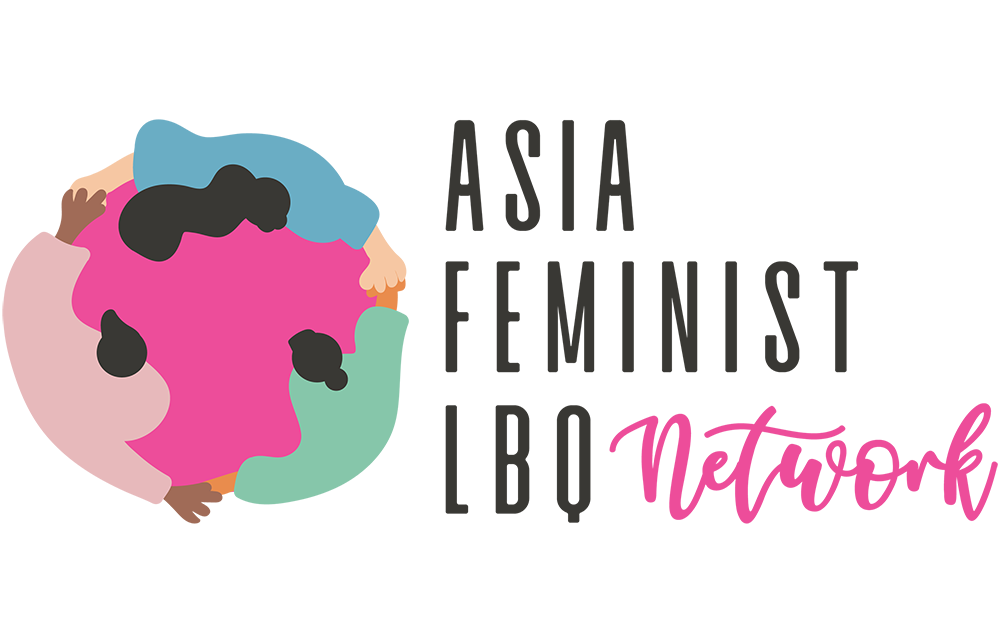In various parts of Asia, LBQ+ women face unique challenges when it comes to their Sexual and Reproductive Health and Rights (SRHR). These challenges are compounded by unwelcoming environments and stringent laws that make navigating their lives more difficult.
LBQ+ individuals grapple with legal restrictions that limit their rights, especially concerning gender identity and sexual orientation. This not only puts them at risk of persecution but also subjects them to violence. Unfortunately, violence against LBQ+ individuals is often concealed, contributing to their silenced voices and making it harder for them to seek support.
Financial hardships further intensify these challenges. LBQ+ individuals find it challenging to access basic necessities like food and healthcare due to discrimination and unequal support. This financial instability is exacerbated by their overrepresentation in low-income populations, making it a struggle to lead stable lives.
Healthcare presents additional hurdles, with LBQ+ individuals often facing a lack of understanding from healthcare providers. This lack of awareness can lead to inappropriate or harmful care and acts as a deterrent for LBQ+ individuals seeking help for their health concerns.
Intersectionality plays a crucial role as well, with factors like disability status and citizenship affecting LBQ+ individuals’ access to healthcare and support. Discrimination based on these factors compounds the challenges they already face, creating a layered and complex scenario.
To address these multifaceted issues, a comprehensive approach is necessary. Advocacy efforts should extend beyond healthcare access to challenge discriminatory laws and promote societal acceptance. The collaborative efforts of governments, civil society, healthcare professionals, and international organizations are crucial in creating supportive environments for LBQ+ individuals.
Creating safe spaces is vital, where LBQ+ individuals can access information, healthcare, and support without fear of discrimination. Initiatives promoting economic empowerment play a crucial role in helping LBQ+ individuals lead more stable lives, providing a foundation for overall well-being.
Education emerges as a powerful tool in challenging stereotypes and fostering understanding. Integrating LBQ+-inclusive content in schools and professional training programs is essential for breaking down societal biases. This educational approach also extends to healthcare providers, ensuring they understand and cater to the unique needs of LBQ+ individuals.
In conclusion, LBQ+ women in Asia encounter challenges spanning legal, societal, economic, and healthcare dimensions. Recognizing and addressing these challenges require collaboration between governments, civil society, healthcare professionals, and international organizations. Dismantling discriminatory laws, fostering societal acceptance, and promoting economic and educational empowerment are essential steps in supporting LBQ+ individuals in enjoying their sexual and reproductive health and rights.
Putting LBQ+ voices at the forefront of these efforts is imperative as we work towards a more inclusive future, where diversity is not just acknowledged but celebrated. It is a collective responsibility to listen to and amplify LBQ+ voices, ensuring that their unique needs are met and that they can navigate life with dignity, respect, and equality.
